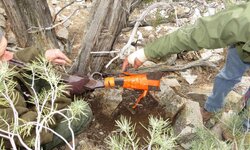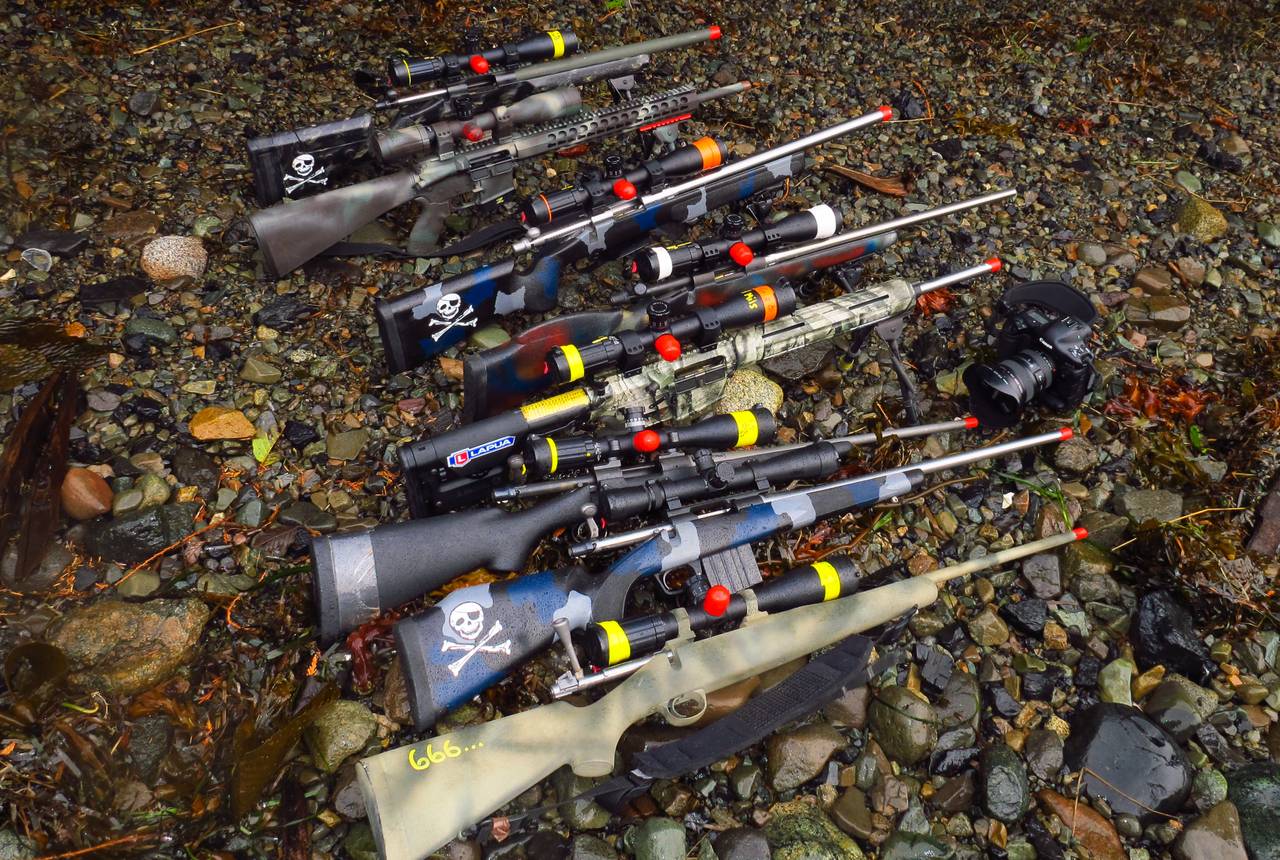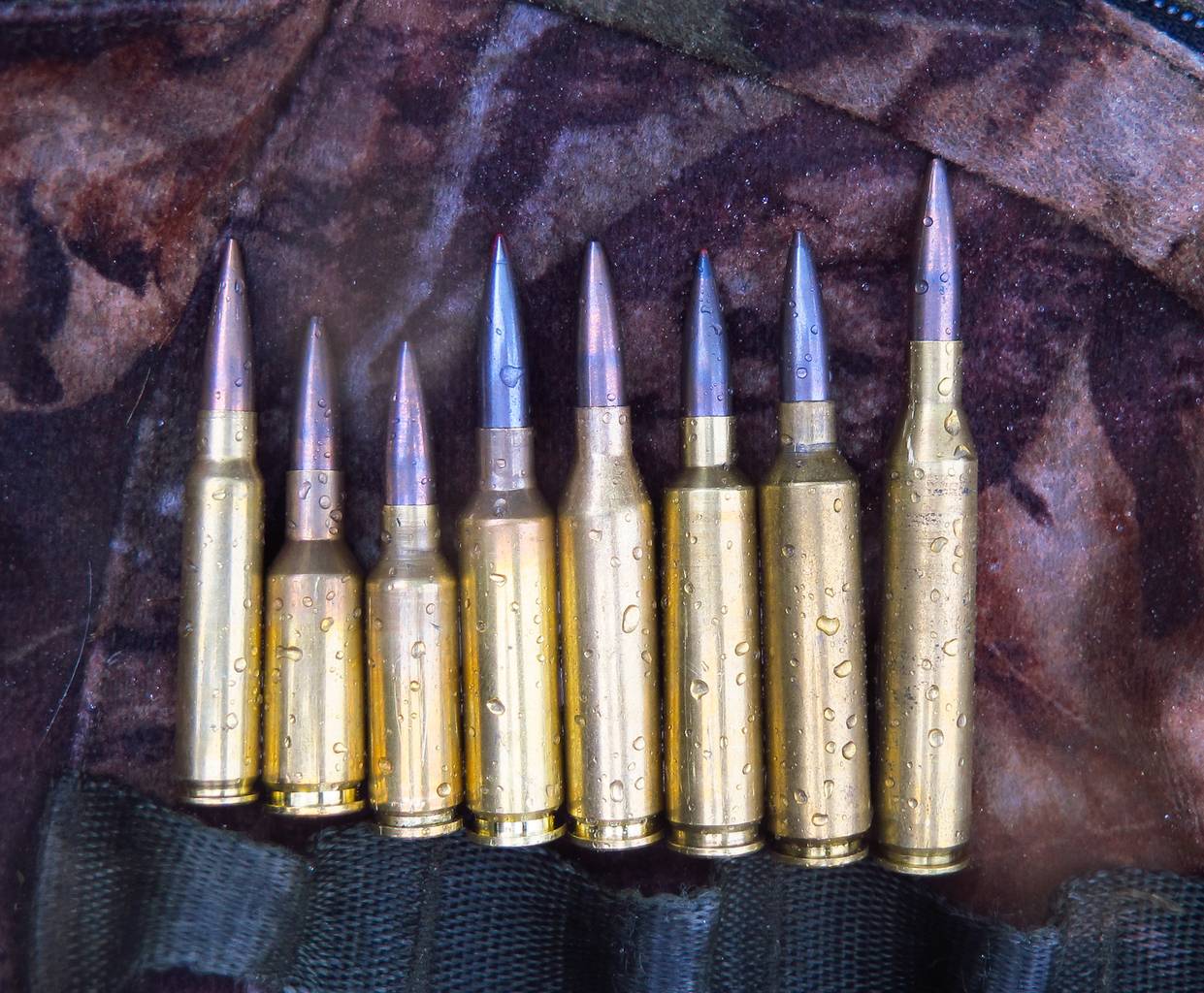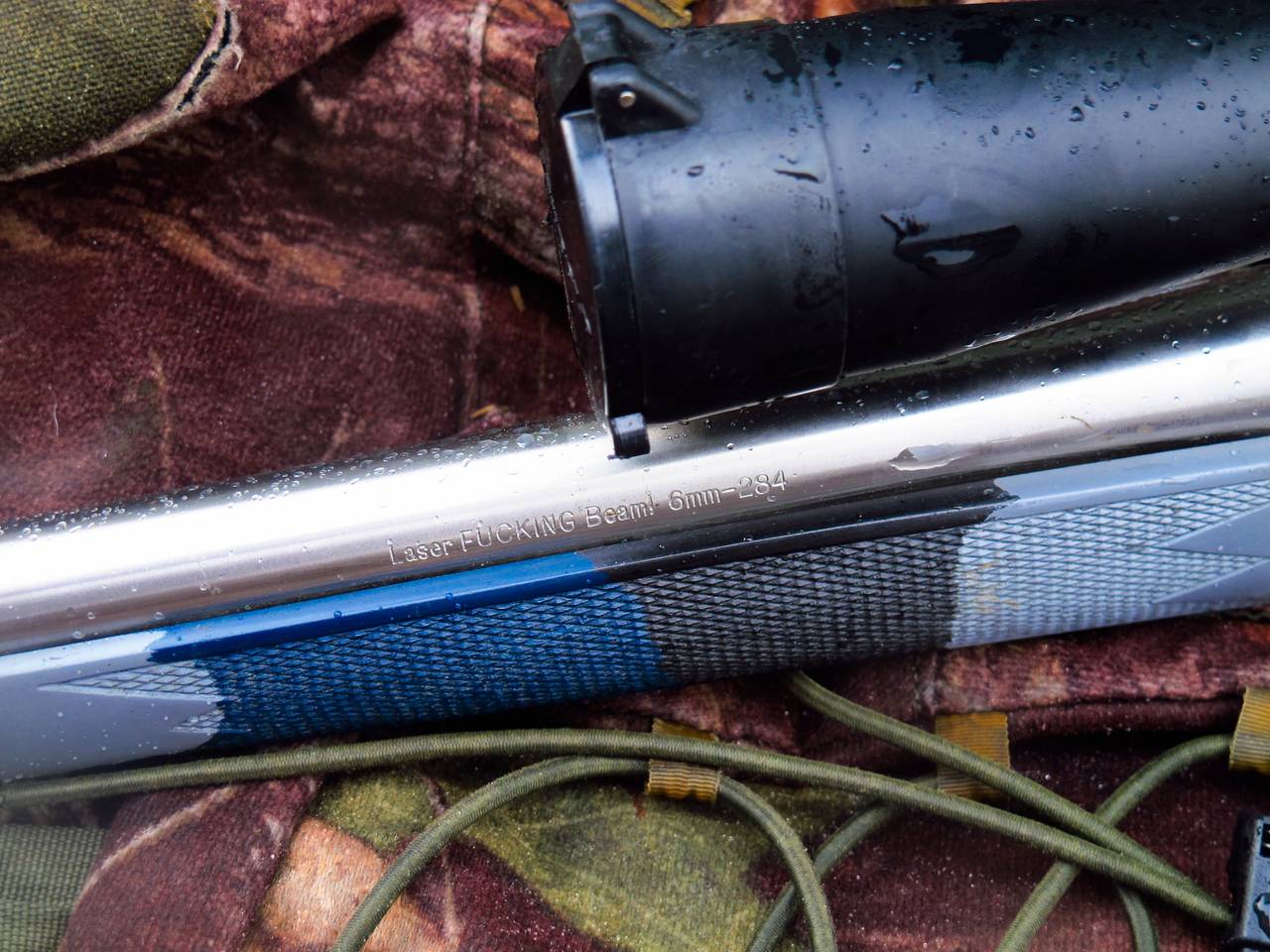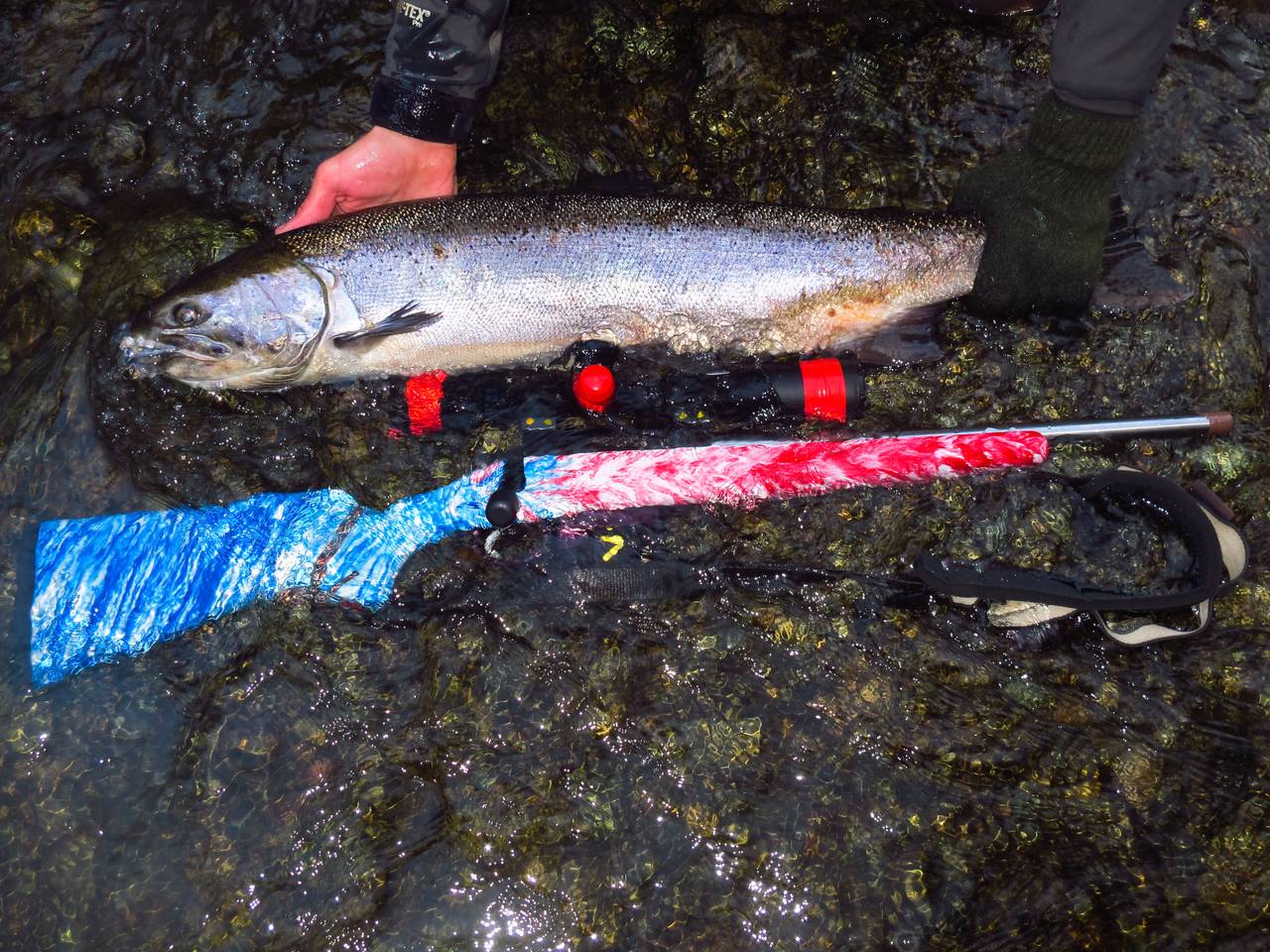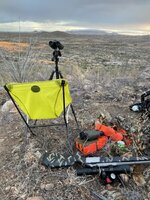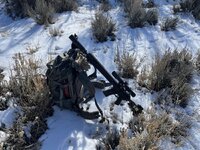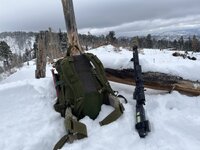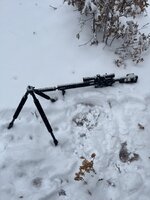TaperPin
WKR
- Joined
- Jul 12, 2023
- Messages
- 6,317
Maybe I misunderstood what you were saying about the case sealing to the chamber?First, the applicable and important thing is that wet cases can cause issues. Why they cause issues is a theoretical and fun discussion, but of limited application.
Where does that differ from what I said?
This is a laughable comparison, the pressure interface between scope and rings differs between that of chamber and case by over 10^2. Comparing the two is like comparing a 308s velocity to a slingshot. Additionally, water is not oil. Degrease everything properly, then dip the rings in water and mount the scope and I will bet money the amount of force needed to make the scope slip at a given torque will increase compared to dry rings.
Well, oil is not water and the two react very differently, especially when dealing with a thin film. Second, other than that the case slipped with oil on it, rather than the primer backing out, nothing is said about how the pressure compared.
Given that a cartridge was being used that would not have a case head separation regardless of headspace, generalizing this to most other cartridges is not possible.
The thrust against the bolt was considered to measure the cartridge pressure, even if it was higher, it would not prove if it was higher due to oil consuming chamber volume and increasing pressure or due to increased rearwards thrust with the same pressure.
If lubricity is the problem, than higher pressures and thinner brass should decrease the amount of slip. It sounds like higher pressure makes the issues from water worse, not better.
I just googled oil in chamber increasing bolt thrust and gave you one article that popped up in the middle of 20 other posts saying it increases bolt thrust. I was afraid that article would be a little hard to follow and muddy the water - much of it was on something completely different.
edit: here’s a better article with a section specifically on water in the chamber.
Last edited:

